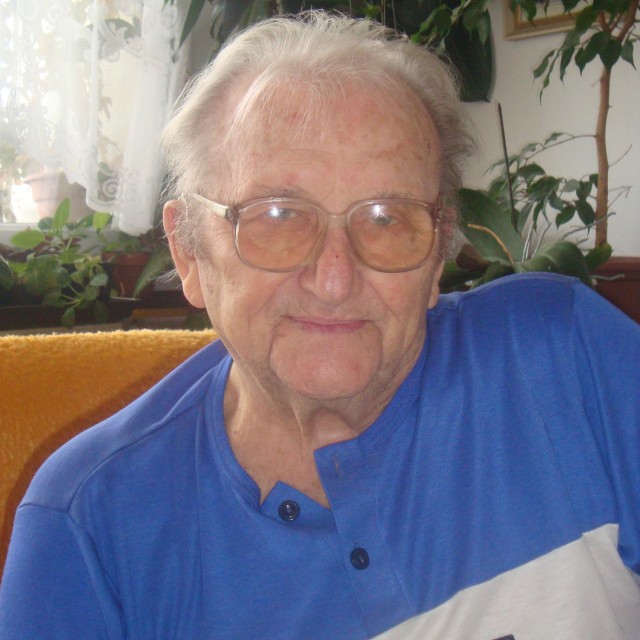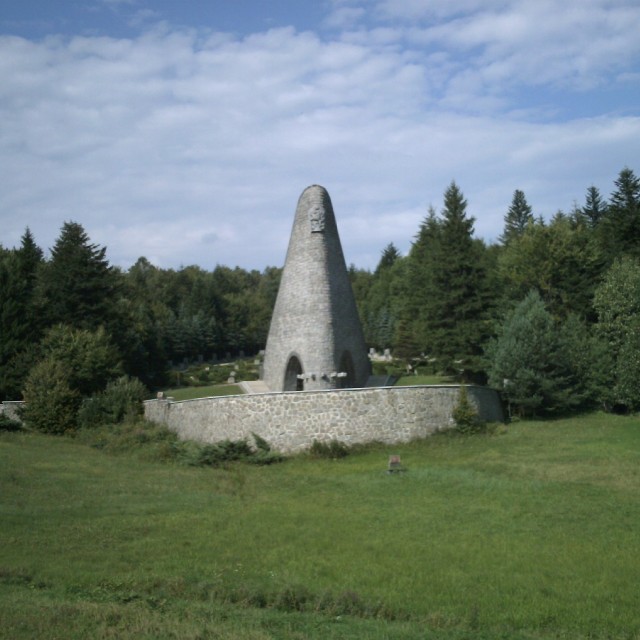They used us wherever they could
As a member of the joint reconnaissance troop of the Czechoslovak Army, Josef Babák took part in the Carpathian-Dukla operation in 1944. Before the start of the actual fighting, their commander, Kratochvíl, promised them that within a few days the entire army corps would be also supported by the Red Army in Slovakia. "We said to ourselves that we are going to help the Slovak National Uprising and we set out on the battlefield. I heard someone say that the tanks should go first, but the Russians said: 'no, the motorcycles will go first, because if there are any land mines, the tanks are too expensive'. So we had to go before the tanks. They used us whenever they needed to." Josef Babák originally served as a machine gunner on the motorcycle but during this operation, he became the driver. "When we started out, a Soviet tank accidentally hit the hand of my driver and our motorcycle fell into a ditch. Thereafter, I was driving the motorcycle." Given the fact that the Germans were able to suppress the Slovak National Uprising and the insurgents had to resort to guerrilla fighting, Josef Babák and his unit arrived on Slovak territory much later than originally promised by their commander.
Hodnocení
Hodnotilo 0 lidí
Routes
Not a part of any route.
Comments
No comments yet.






